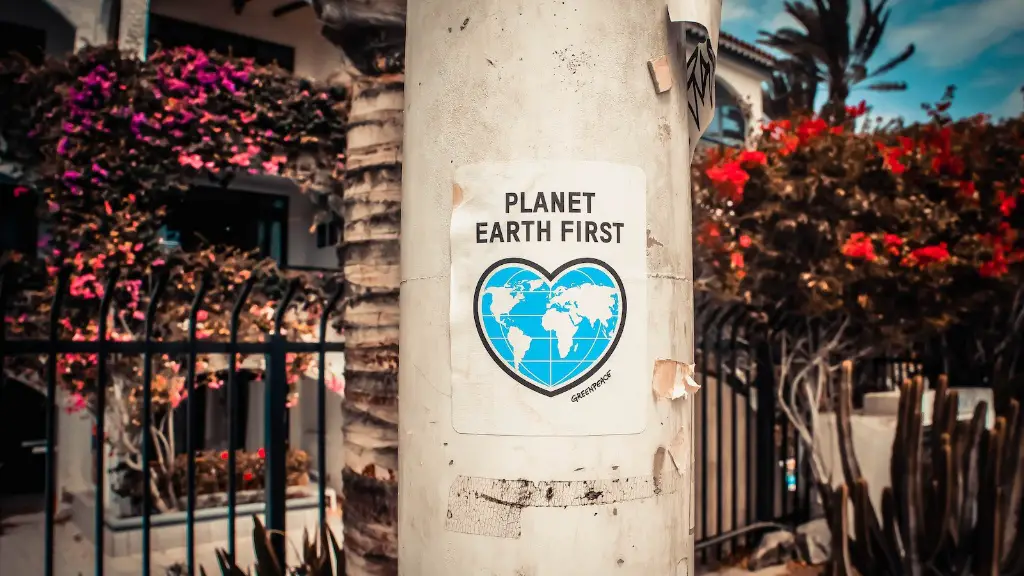Amidst concerns surrounding climate change and its consequences, it is essential to understand and differentiate between the terms “global warming” and “greenhouse effect”.
Global warming, or an increase in the average temperature of Earth’s atmosphere, is a direct result of increased greenhouse gas emissions initiated by human activity. The greenhouse effect, on the other hand, is a process of heat absorption within the atmosphere and is due to naturally occurring gases such as carbon dioxide, water vapour, nitrous oxide and methane that trap heat.
It is the trapping of this heat by greenhouse gases which is shifting the balance of temperatures on Earth and causing the planet to warm. Greenhouse gases are being released from both natural sources, such as forests and oceans, as well as from human activities such as burning of coal, gas, oil and wood.
The greenhouse effect on a natural level helps maintain Earth’s relatively warm climate, yet human activities have tipped the balance and increased the amount of greenhouse gases in the atmosphere, resulting in an unnatural and potentially dangerous rise in global temperatures.
The most obvious proof of the differences between global warming and the greenhouse effect can be seen in the polar regions of the world. Here, melting ice has exposed the atmosphere to high levels of heat, resulting in unnatural increases in global temperatures and changes in weather patterns. These changes manifest in extreme weather events in certain places, such as prolonged droughts or prolonged floods, or in severe storms and powerful hurricanes.
Changes in the global climate can also be observed from rising sea levels, increases in ocean acidity, heat waves, and changes in vegetation patterns. The extreme weather patterns, together with the general increase in average global temperature, serve as evidence for the negative impact of global warming.
Consequently, it is becoming of paramount importance to make every effort to reduce greenhouse gas emissions and take action to prevent further warming of the Earth: revise public policies to ensure progress in energy efficiency and renewable energy; incentives for companies to move from fossil fuel to clean energy; investments in research and development of renewable energy; and encouraging individuals to be aware of their actions and make ethical choices.
However long the process may take, it is clear that efforts to reduce global warming require urgent attention and collective action. Humanity must acknowledge the differences between global warming and the natural greenhouse effect in order to effectively address the climate crisis and protect our home planet.


